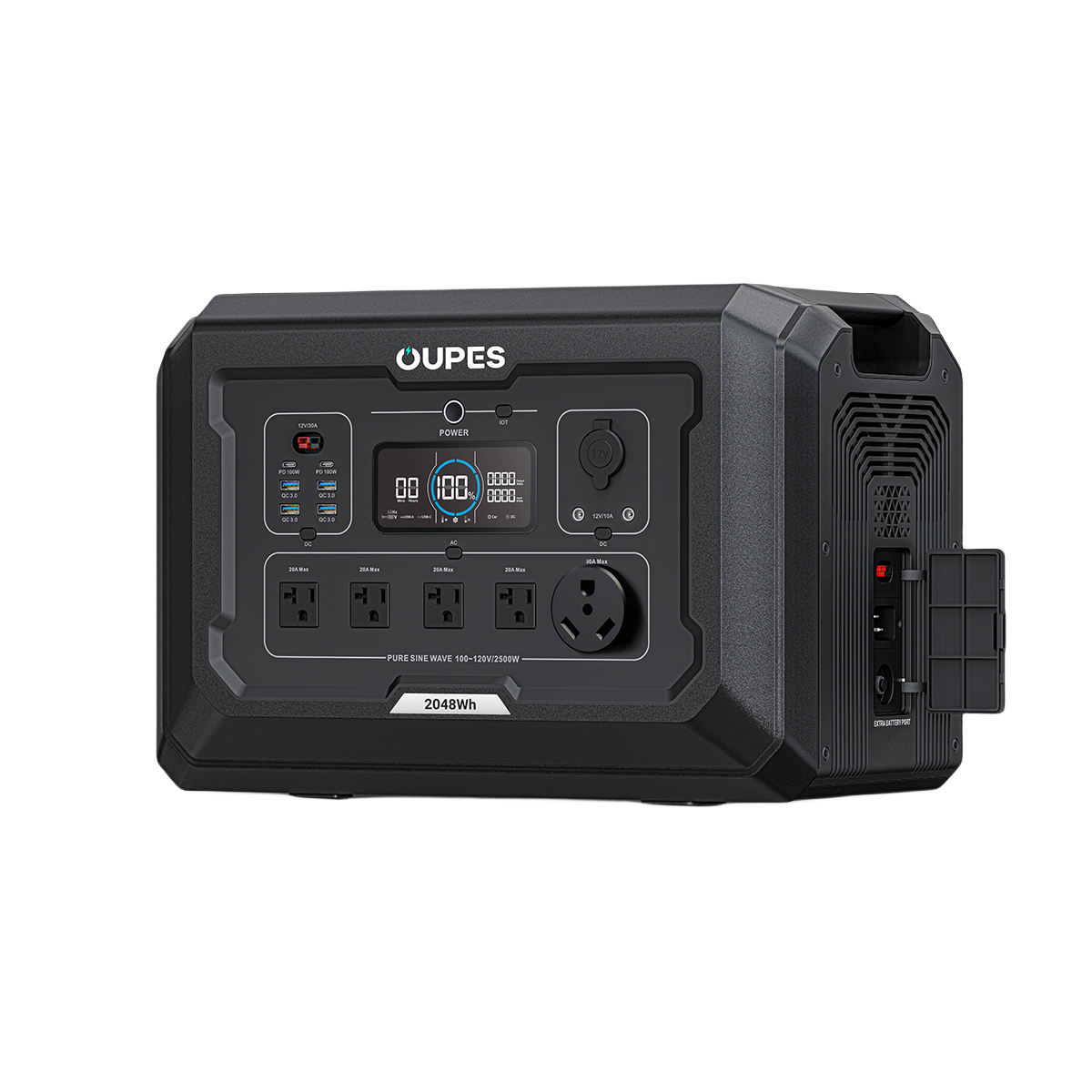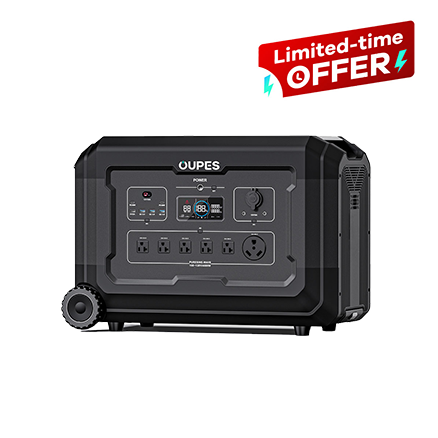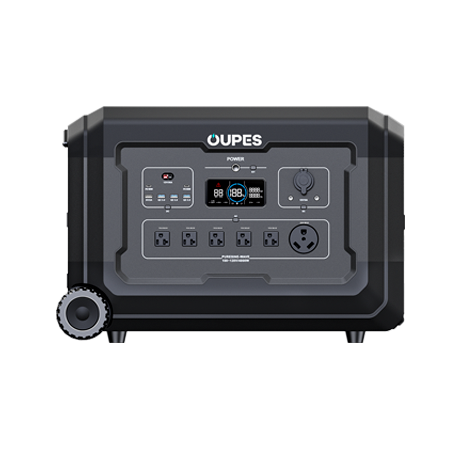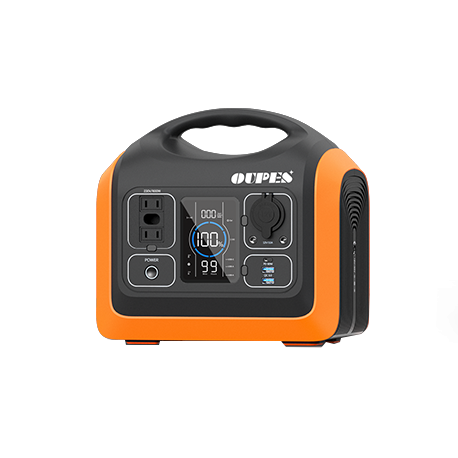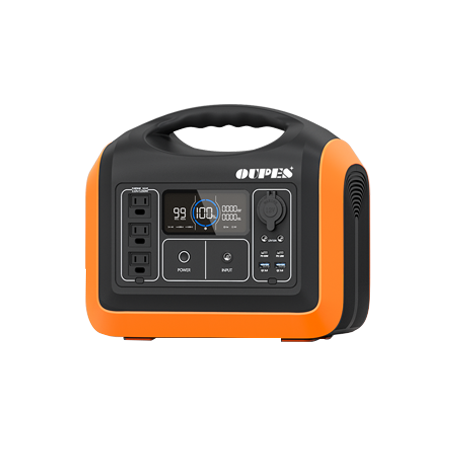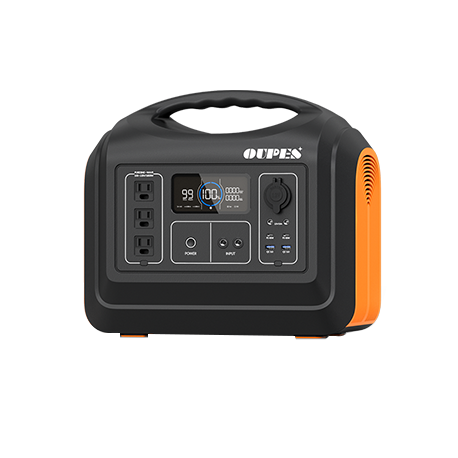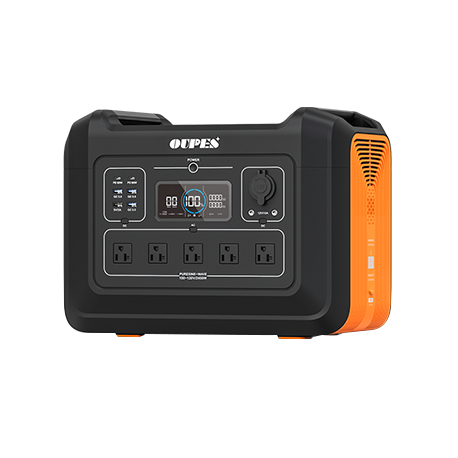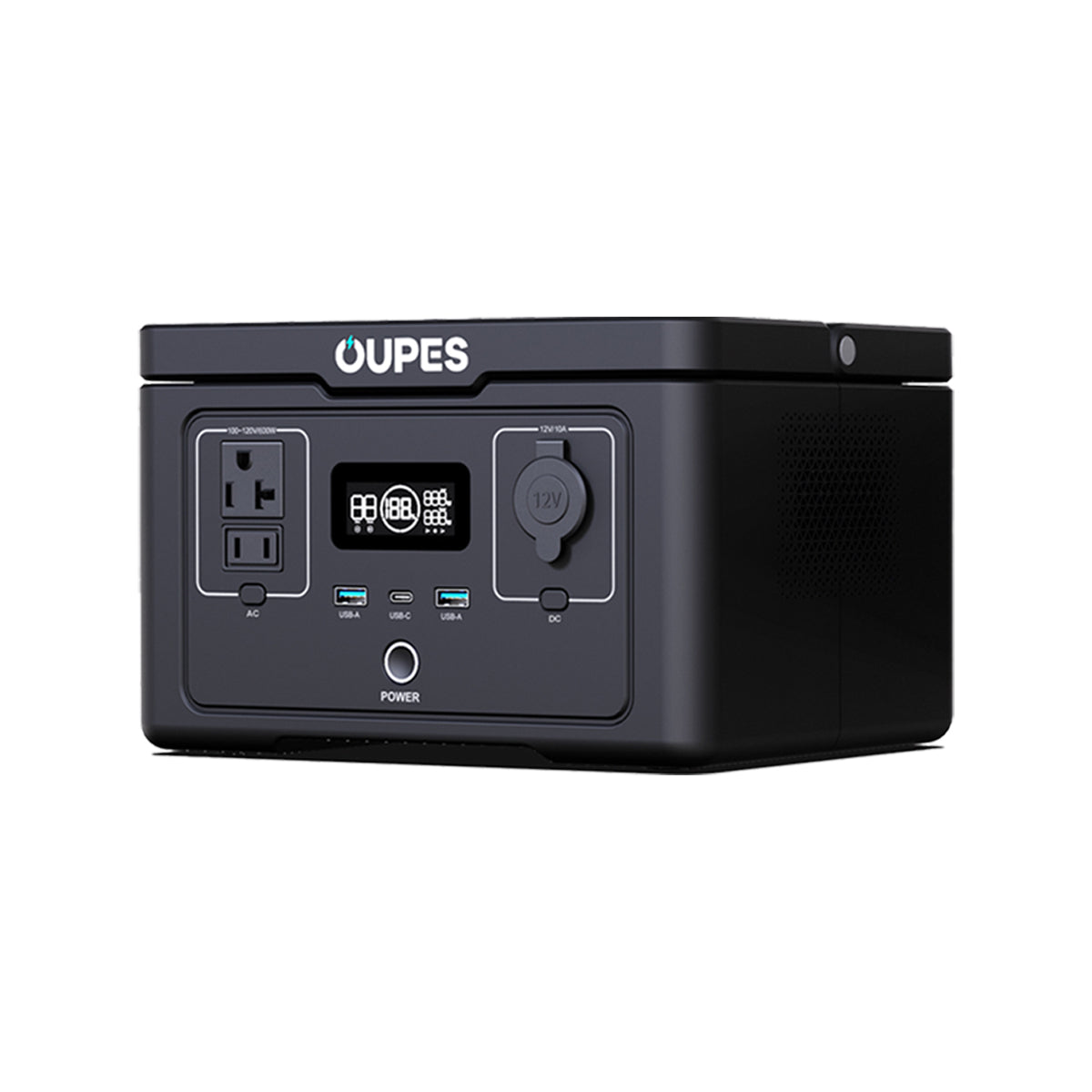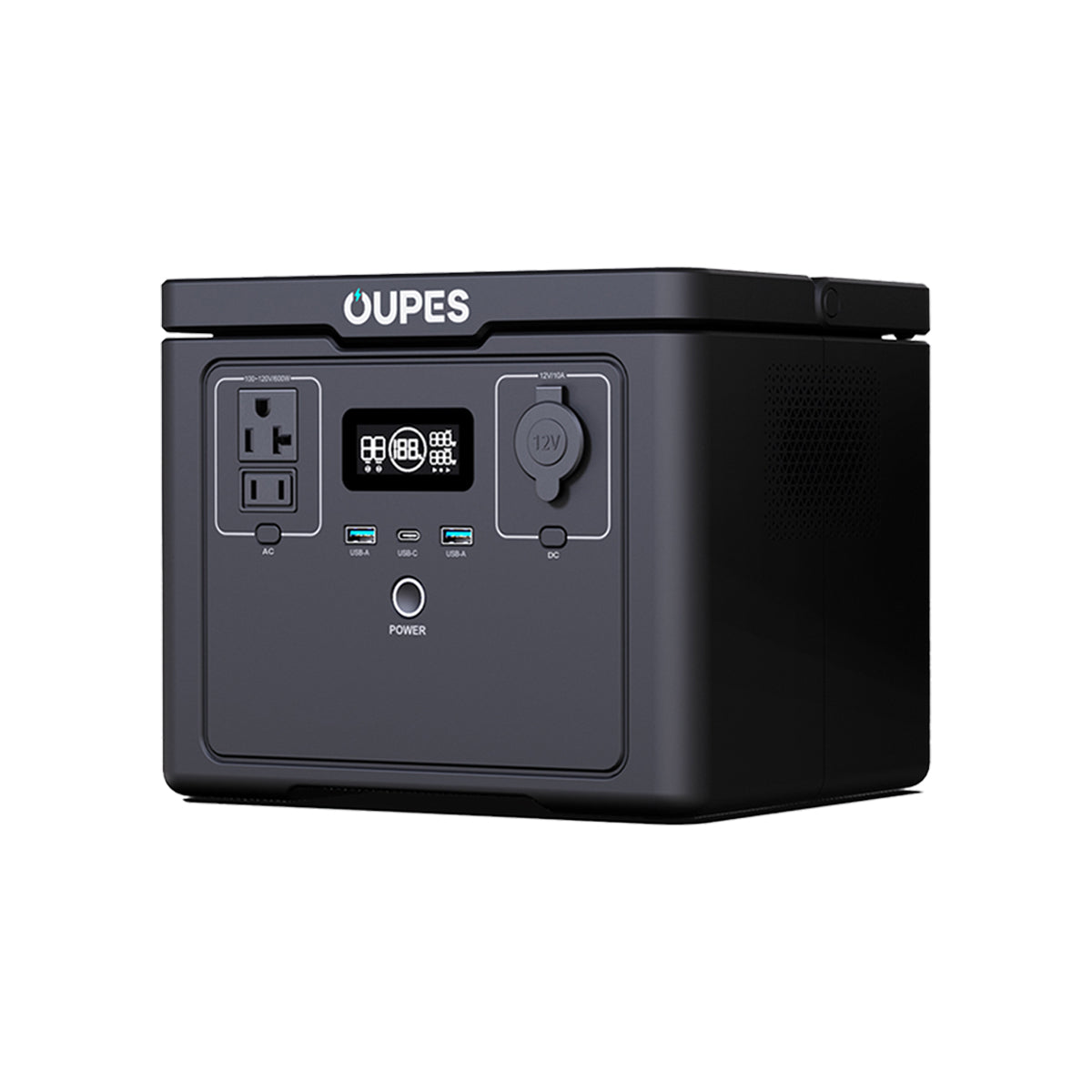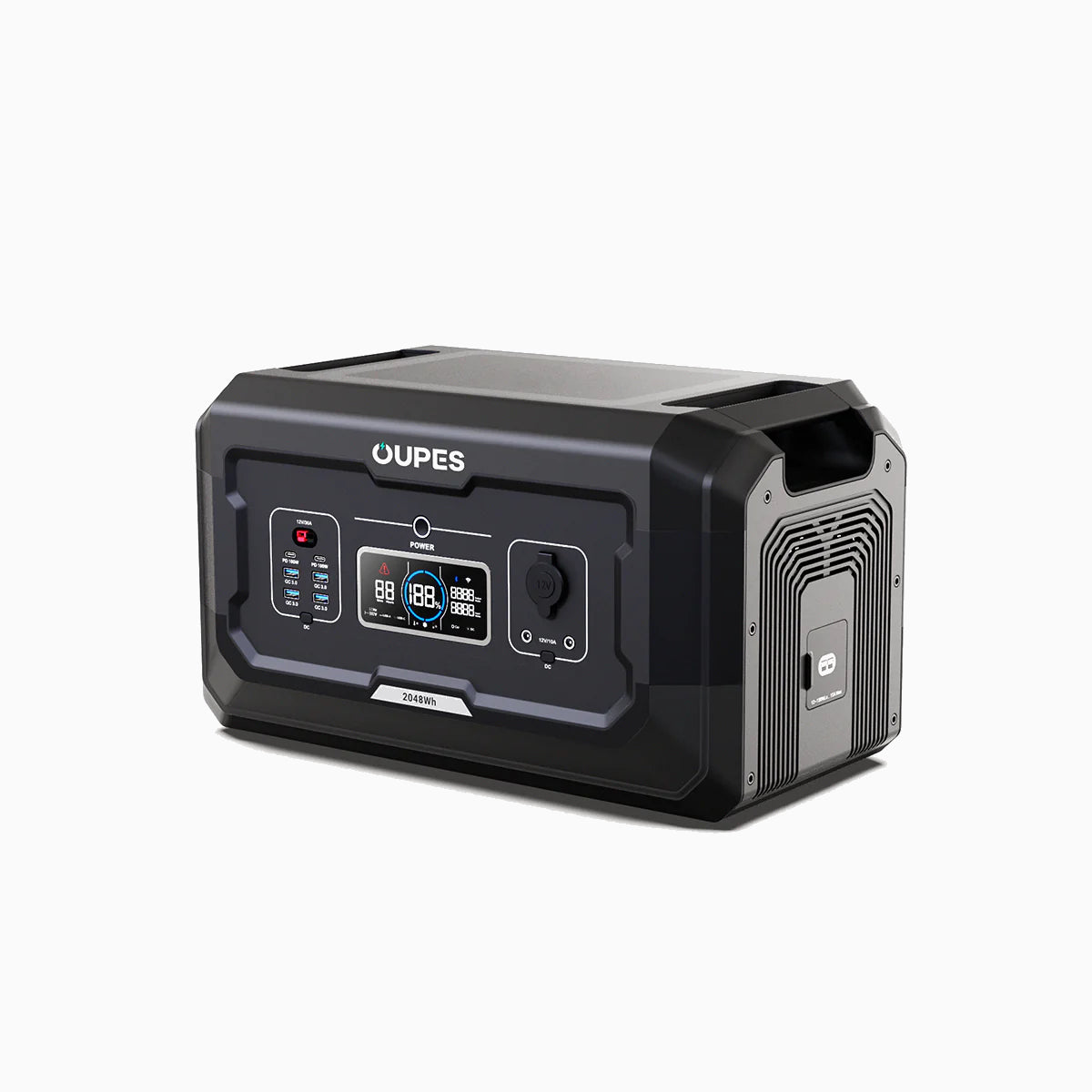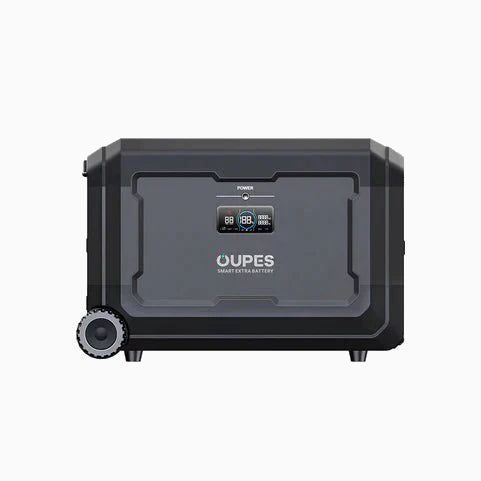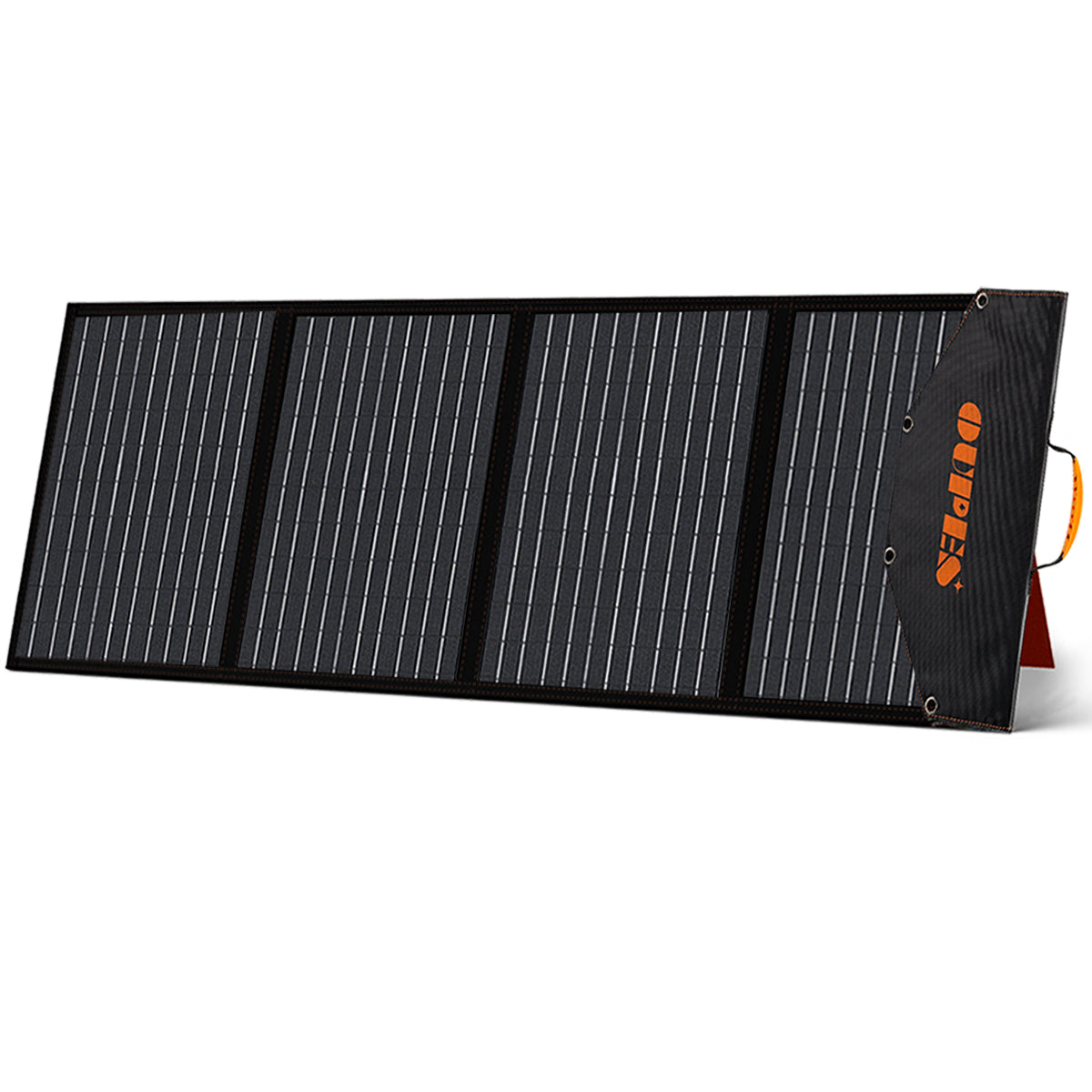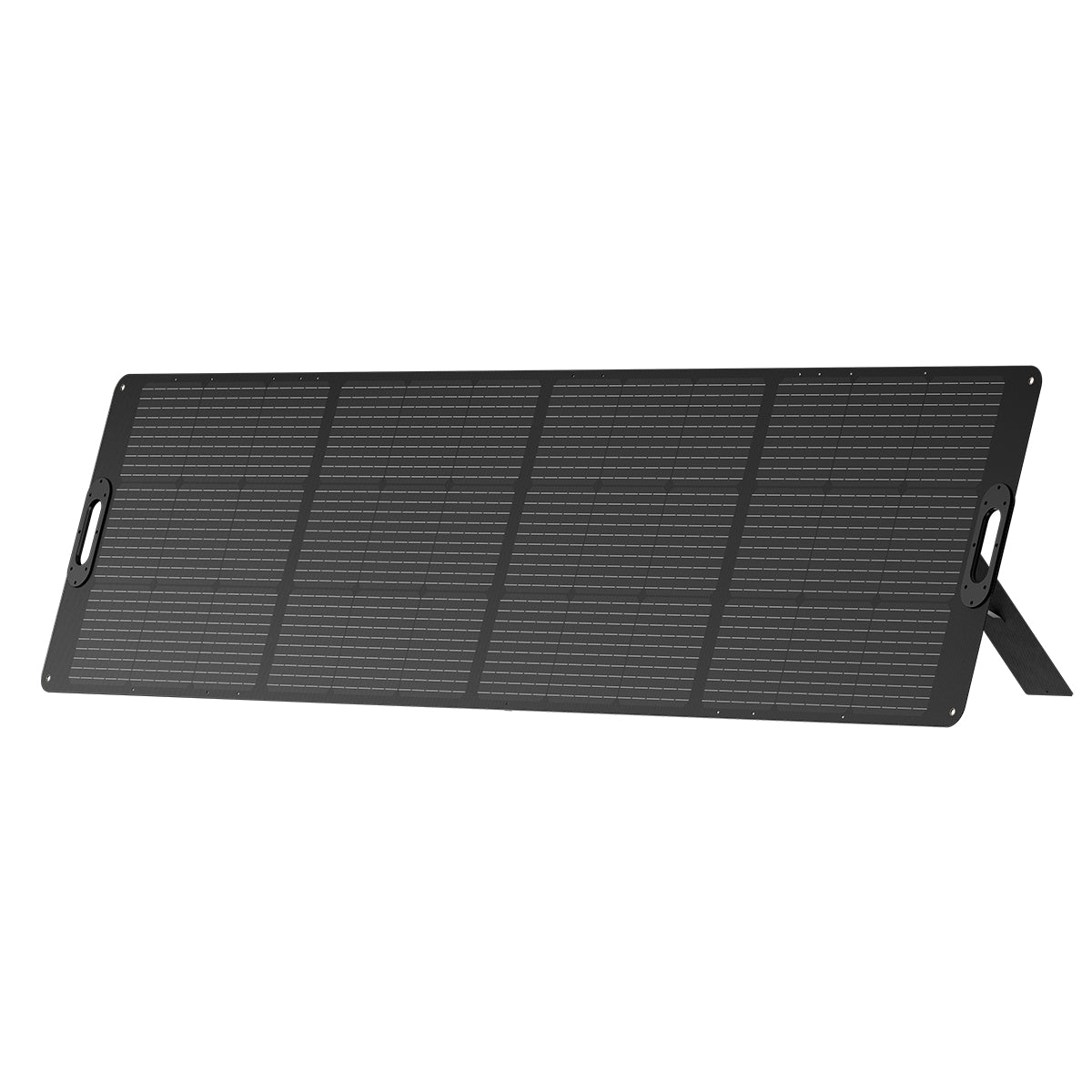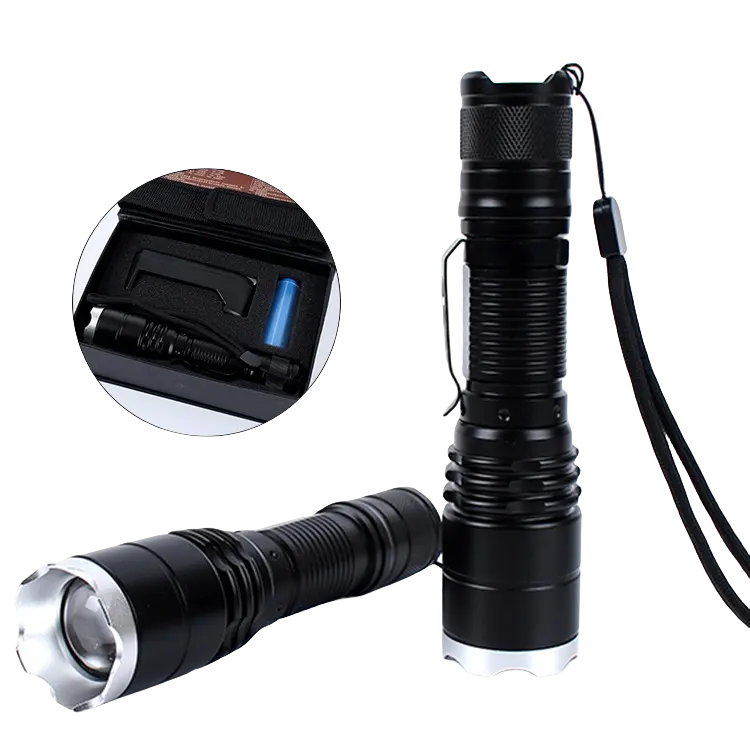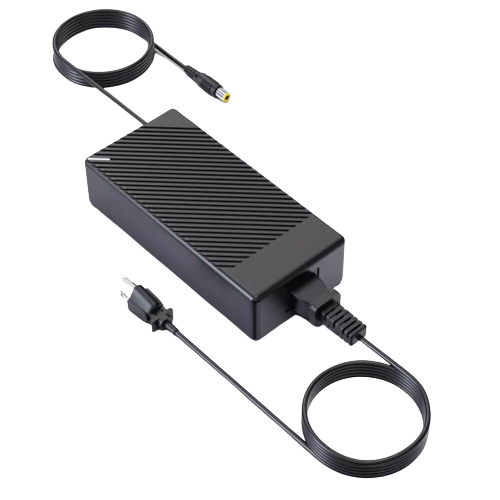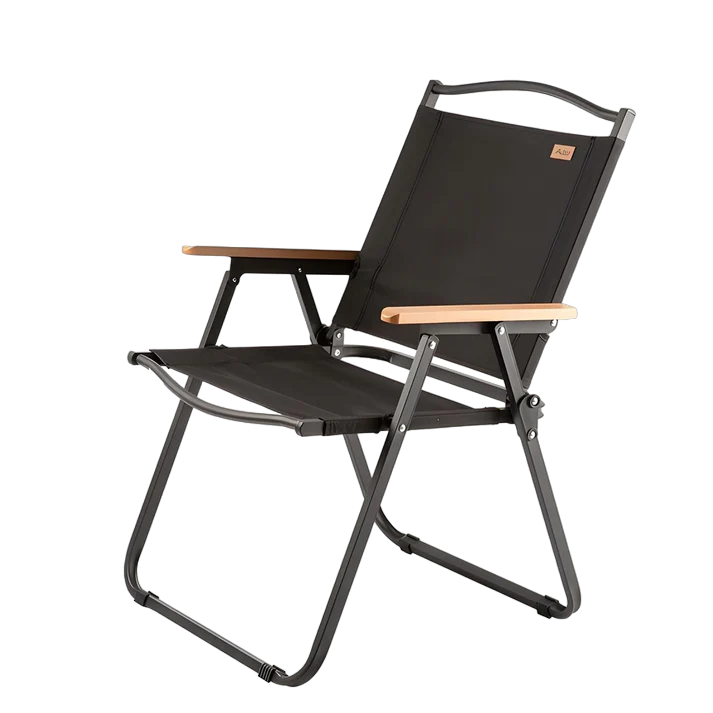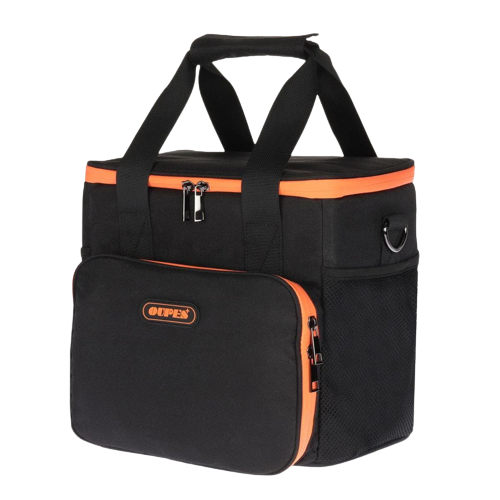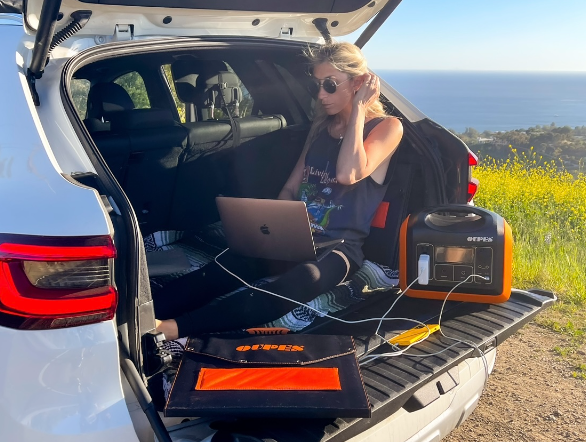Why You Need an Emergency Electricity Source
Three hundred fifty million people experienced power outages in 2021. Did you know? At this point, with all the technological developments, if 4 percent of the world can still go through power outages, it almost means we may never be able to get rid of it completely.
And the disturbing part? It happens at times you don’t expect.
Power outages are still on the rise. Researchers found that power outages have increased by 64% in the past ten years compared to the last decade.
And, of course, you don’t have the power to stabilize the electricity. But you can do something to save yourself from the hassle of outages. The need for a reliable source of electricity has not come at a better time.
So, let's review the different emergency electricity sources you may consider. First,
How do outages happen?
Various things can lead to you not having electricity. Typically, power outages affect the whole neighborhood.
Poor maintenance, natural causes, old grids, human errors and many other things can lead to power outages. And most times, you don’t know how long they will last.
We have four types of power outages; they include:
1. Blackouts
You may expect weeks out of total darkness with blackouts because they are typically difficult to fix. It’s the worst type of outage you can imagine. And it doesn’t spare anyone; it affects the whole area.
2. Brownout
This is when the voltage is insufficient to power some appliances or reduce their performance. You’re not in a blackout, yet you can’t use power as you want.
3. Permanent fault
This is also a total loss of electricity, just like a blackout. But, unlike blackouts, It might not affect the whole neighborhood. They are easy to fix, as well.
4. Rolling blackout
We can call this a planned blackout. It doesn’t occur because the electricity grid has a major fault. It is used in areas with unstable grids or too much load.
Now, enough of the theory.
What is an emergency electricity source?

An emergency electricity source is your go-to when the power grid is not doing its job. Rest assured that when there’s a power outage, you can power your essential equipment to run your day-to-day life without much hassle.
Why do you need an emergency power source?

1. Hassle-free living
Tell me about activities that we perform every day that don’t require electricity. Definitely, not much. And what happens in cases of power outages? It can be a big problem unless you have an alternative. And this is where an emergency power source such as Mega 3 Solar Generator Kit
can come in handy.
2. Continuous operations
Emergency electricity sources can ensure you don’t have breaks or stress in your operations when a power failure occurs.
With sources like OUPES Mega 5 Home Backup & Portable Power Station, critical places, like security agencies and hospitals, can continue their activities on emergency power sources.
3. Keeps your data safe
Sudden power outages can corrupt your data or, even worse, make you lose it. This may have severe consequences. However, with emergency electricity sources like the OUPES 1200 Portable Power Station at your fingertips, continuous power ensures your data is safe.
3. Prevents damage
Unstable power can damage some electronic devices. However, emergency electricity sources help safeguard your appliances.
4. Saves lives
Hospitals, emergency response centers, and communication companies need a constant power supply. An emergency power source is ideal in this instance.
5. Security systems
Emergency power helps keep security systems in homes and businesses active during power outages. This can help you ensure safety as surveillance keeps running without hassle.
Things to consider before choosing an emergency electricity source

If you've made up your mind to have backup electricity, consider the following when getting an emergency power generator:
1. Power needs
Your power needs are among the first things to consider when choosing an emergency electricity source. Of course, you should consider one that can power your basic equipment without overloading it.
2. Fueling
You should also consider the kind of fuel the generator will use and its availability. Generators typically run on natural gas, propane, diesel, gasoline or solar.
Consider choosing a generator that uses fuel you can easily get around during an emergency. Consider getting Mega 3 Solar Generator Kit if you decide on solar generators.
3. Portability and mobility
The portability of the power source is an essential factor you should consider. It will save you a lot of hassle, especially when you must carry the power source around.
Portable generators or power stations with wheels and handles can be more convenient to move around.
4. Ease of use
Consider how easy it is to start and operate the emergency power source. Some generators, like the OUPES 1200 Portable Power Station, have various ways to set them running.
Commons ways include electric start options, remote controls, and automatic start. While all these options are available, you can start some power sources through a switch, like a solar power station. How easy is that? This makes them user-friendly during stressful situations.
Types of emergency power sources

There are several different types of emergency electricity sources, including:
Uninterruptible Power Supply (UPS)
1. Standby UPS
This is a basic form of UPS. Standby UPS switches battery power when the primary power source is not working.
2. A line interactive UPS
A line interactive UPS helps to correct undervoltages and overvoltages. They help supply stable voltages to appliances even during outages.
3. The double-conversion or an online UPS
This UPS type is excellent for operations requiring a high level of care. It saves you from losing your data during power outages.
Generators
We’ll talk about two major types of generators, which are:
1. Fuel Generators
Fuel-powered generators run on various fuels like gasoline or diesel. They also come in different sizes.
Some can power large industrial machinery, while others can only power small households. Consider choosing one based on your needs.
2. Standby Generators
Standby generators automatically swing into action when they detect a power outage. They install them permanently, especially in businesses and hospitals.
Portable Power Solutions
These are small but effective sources of emergency power. Best part? They can function anywhere. Its types include:
1. Portable generators
These compact generators like the OUPES 600 Portable Power Station provide emergency power during outages. You can use them for outdoor events and camping activities. You can also use them as a home backup power source.
2. Solar chargers
Solar chargers use solar panels to convert sunlight into electricity. Solar chargers provide a sustainable and eco-friendly emergency power source.
They are small and easy to carry. They can charge small devices like phones and tablets.
3. Power stations
They are also known as portable power stations or solar generators. They have built-in batteries and various power outlets.
Like other mobile power solutions, power stations can power your electronic devices and run small appliances. You can even power essential medical equipment during emergencies.
They are one of the best emergency power sources you can get. They don't make noise, they are solar powered and can power many basic equipment.
Conclusion
Are you looking to pick the ideal emergency power source for you? Our expert Oupes team is beyond ready to cater to your power needs.
Oupes stands as the best generator makers out there. We have many best-selling products, including the OUPES 2400 Portable Power Station, OUPES 1800 Portable Power Station, OUPES 1200 Portable Power Station, and OUPES 600 Portable Power Station.

